CompBioMed will be hosting a free screening at the Amsterdam EyeMuseum from 16:00CET on 2 December 2022. At the event, we will premiere our new film visualising how supercomputers can help combat the next pandemic.
The short film, created by the Barcelona Supercomputing Centre, will be followed by a panel discussion with 4 speakers, including the authors of the forthcoming book Virtual You. The screening and roundtable will be followed by a drinks reception. The premiere is free of charge and open to all, from scientists to members of the public (register here).
(Registration includes the screening/roundtable and the drinks reception)

About the film: The question of whether there will be future pandemics is a matter of when, not if. But will the world be ready? This video explores a new weapon in the fight against global disease: the supercomputer. From providing insights into the spread of the virus through the air, to the effectiveness of masks, or simulations revealing key insights for antiviral drug development, supercomputers can help us deal with pandemics. As has already been shown with COVID-19, supercomputer simulations offer a way to predict what will happen in the wake of vaccination, treatments or public health campaigns.
Schedule
16:00-17:00 - Film screening and panel discussion
17:00-19:00 - Drinks reception
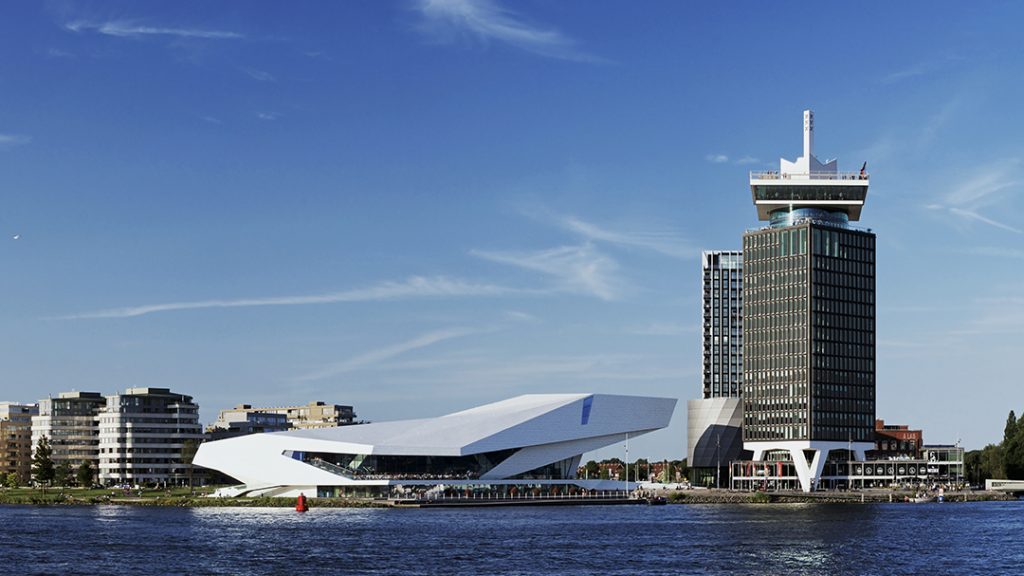
The striking EyeMuseum in Amsterdam
Host
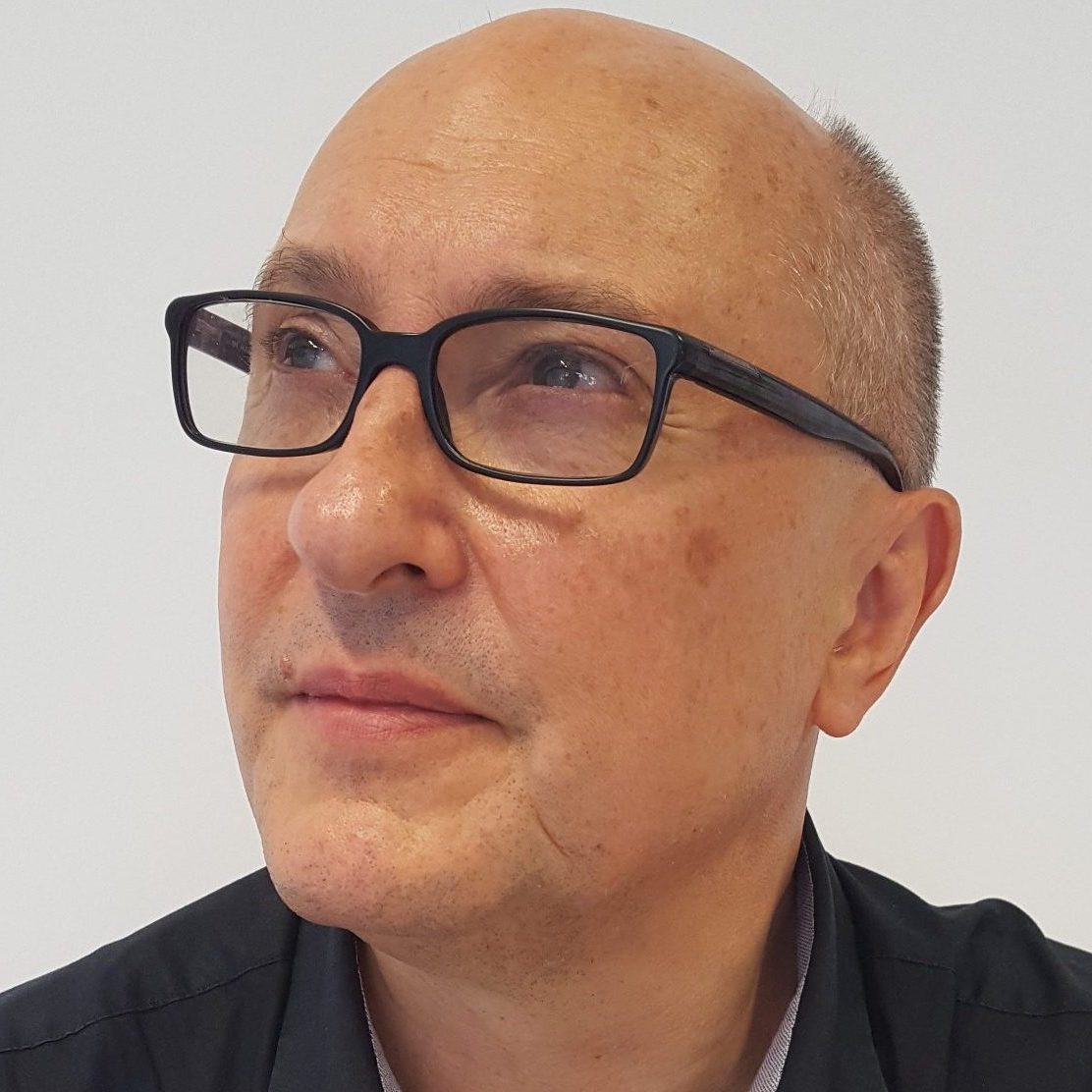
Roger Highfield (London Science Museum) was the Science Editor of The Daily Telegraph for two decades and the Editor of New Scientist between 2008 and 2011. Today, he is the Science Director of the Science Museum Group, Fellow of the Academy of Medical Sciences, a visiting professor of public engagement at the Dunn School, University of Oxford, and Department of Chemistry, UCL, and a member of the UKRI-Medical Research Council.
Speakers
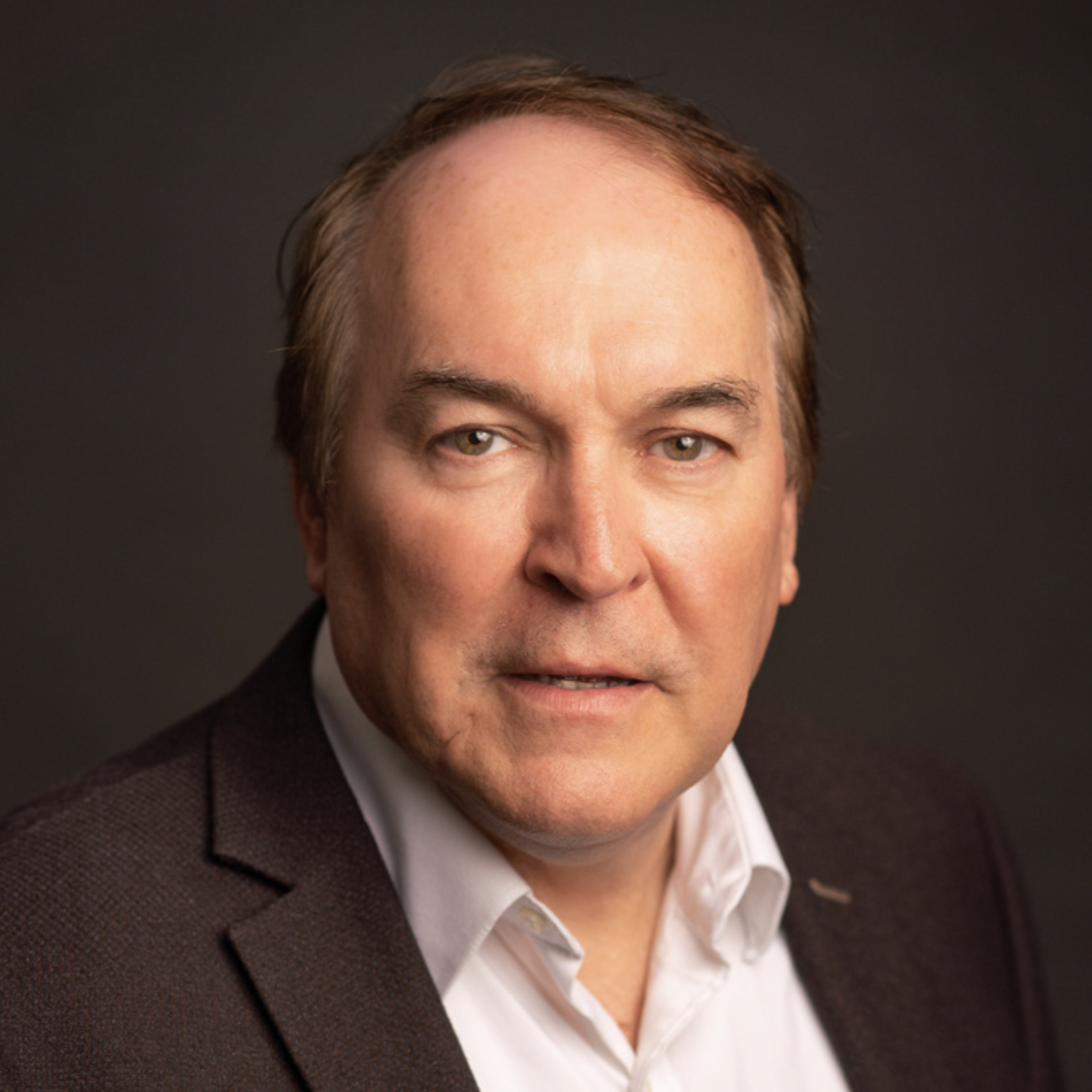
Prof Peter V. Coveney (UCL) holds a chair in Physical Chemistry, is an Honorary Professor in Computer Science at University College London, a Professor in Applied High Performance Computing at the University of Amsterdam (UvA), and Professor Adjunct at Yale University School of Medicine (USA). He is Director of the Centre for Computational Science (CCS) at UCL. Coveney is active in a broad area of interdisciplinary research including condensed matter physics and chemistry, materials science, as well as life and medical sciences in all of which high performance computing plays a major role.
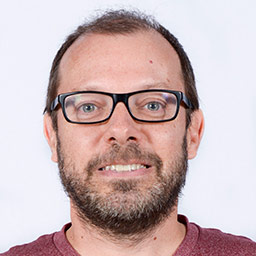
Dr Mariano Vazquez (BSC) is Chief Technical and Scientific Officer at ELEM Biotech, a start-up company spun off from the Barcelona Supercomputing Center. Mariano holds a PhD in computational physics from the Technical University of Barcelona, Spain. He co-leads the Alya Dev Team, a 50 strong research group who develop their main modelling tool. His research interests are in cardiac computational modelling, computational mechanics and high-performance computing.
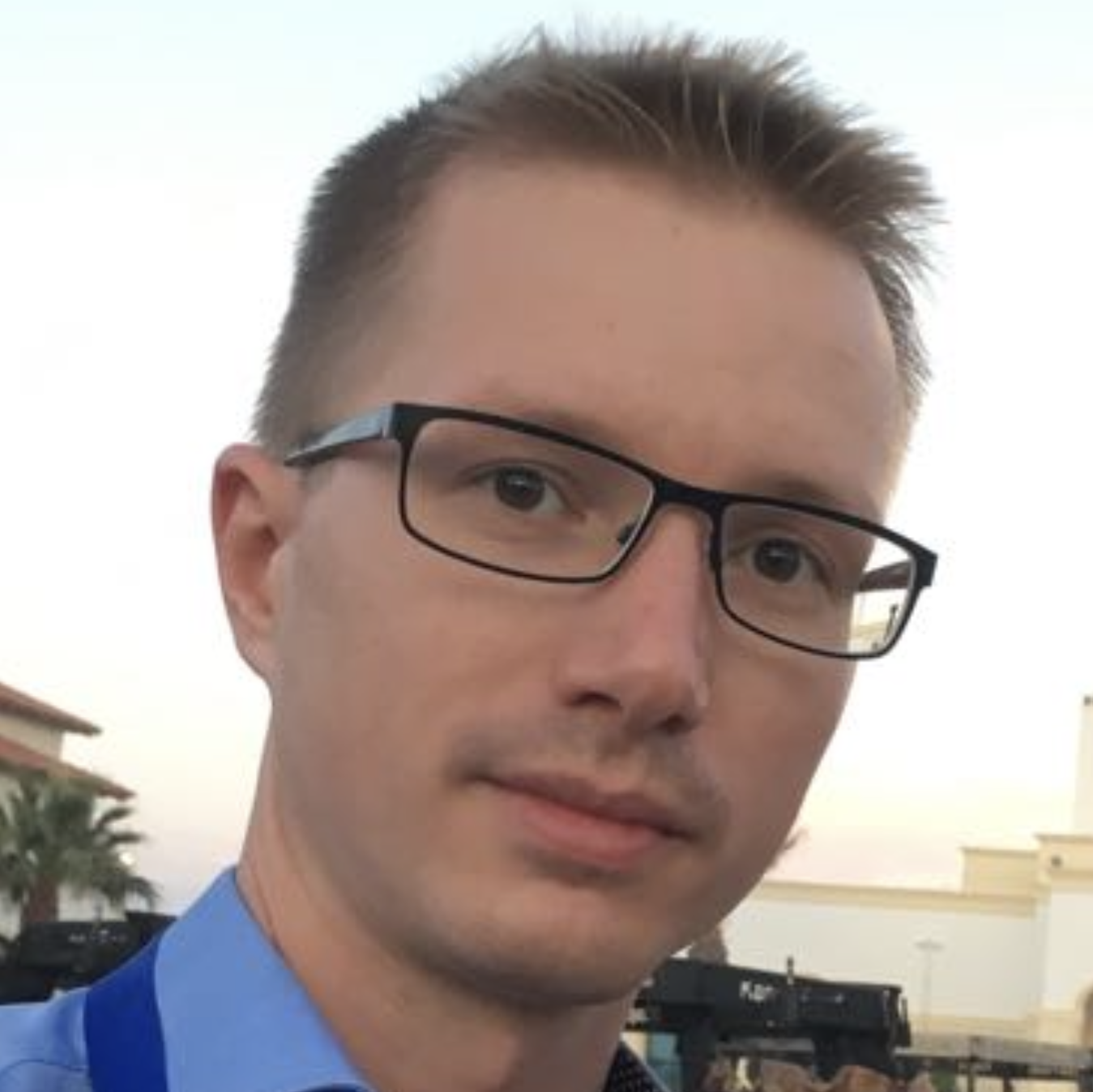
Dr. Gábor Závodszky (UvA) is an assistant professor of high-performance multi-scale computing at the University of Amsterdam and assistant professor at the Budapest University of Technology. His research focuses on designing and developing HPC models targeting biomedical challenges, primarily focusing on cardiovascular diseases. He leads the development of two major biomedical codes: HemoCell, the open-source cellular blood flow simulation framework, and VascuTreat, a medical device deployment simulation which is currently being used as clinical decision making support tool.
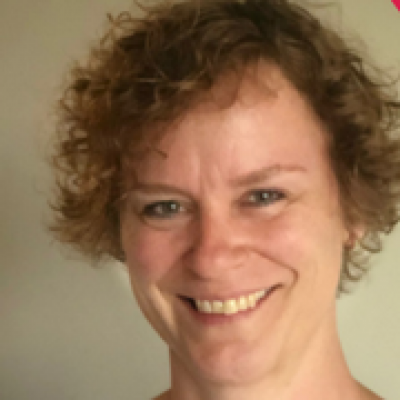
Prof. Andrea Townsend-Nicholson (UCL) holds a chair in Biochemistry & Molecular Biology in the Division of Biosciences (Structural & Molecular Biology) at University College London. Having started her research career at the University of Toronto in Canada, she was appointed in 2001 as a member of academic staff at UCL in the Department of Biochemistry & Molecular Biology, following three and a half years of postdoctoral study in UCL’s Department of Anatomy & Developmental Biology and eighteen months as a British Heart Foundation Research Fellow in the Department of Physiology.
